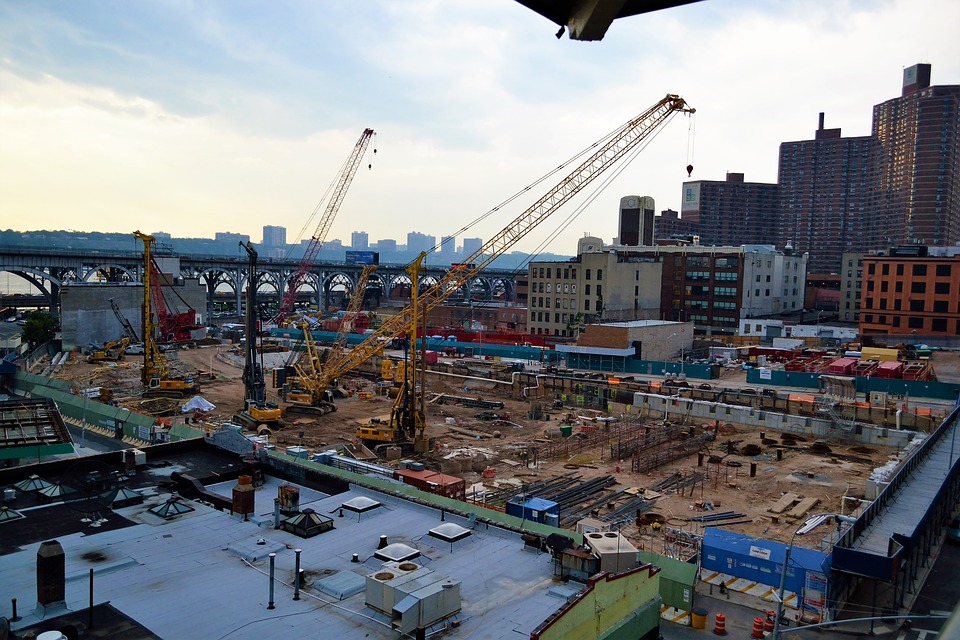Regardless if you are new to the Seattle area or just looking to find a new place to live in the city you already love, buying a home is a big deal. You aren’t simply making a purchase, you are making an investment. An investment that by all means should end up being a part of your identity, a member of your family so to say.
Read also: The Glitches Arrived In Travelling To New Place
Why Seattle is the place to be
Seattle has become one of the most popular places to live in the Northwest. Despite what you have heard about the weather, there are plenty of cities throughout the United States that accumulate more rainfall than the Emerald City. New York City, Jacksonville, Raleigh, and Hartford are just a few that might catch you by surprise.
There are several parks and scenic getaways throughout Seattle to escape the hustle and bustle of busy city life. A weekend mountain getaway is just a matter of thirty minutes away. If that isn’t enough to talk you into making the move, you are always just a block away from the best cup of coffee you have ever had.
Because of these factors and many more, there has been a significant rise in the price of houses on the market in the area. Because of this, realtor services such as Findourpad have distinct advantages over trying to find a home on your own. This particular service will update all of the current listings throughout the Seattle area as often as every 15 minutes.
Easy to access information
They make it easy to find a home matching exactly what you are looking for when it comes to area, price, and size. Trying to find this information on your own would take days, if not weeks. By being able to see current listings, images, and details at the palm of your hand, you save yourself valuable time over visiting site after site, looking for the perfect match.
Services such as Findourpad allow you to compare listing on the market in different areas, by different realtors. You have the ability to compare how much home you are getting for your dollar compared to other options, providing you the opportunity to find exactly what you and your family are looking for.
You will have information at your fingertips concerning the type of view from the home you will enjoy, the school district your children will attend, the annual amount that has been spent on taxes for the property, even the type of vehicle parking the home provides. With the simple click of the mouse, you can request even more information about the home or schedule a viewing to see the place for yourself.
If you are currently or will soon be selling a house, the service can be just as valuable for you, if not more. By listing your home on the website, you will put it in front of thousands of eyes that may not be able to see the property otherwise. Regardless of which end of the market you are in, Findourpad makes the task of buying or selling a home much easier for everyone involved.
Read also: Why Should You Consider Security Doors For Your House?























